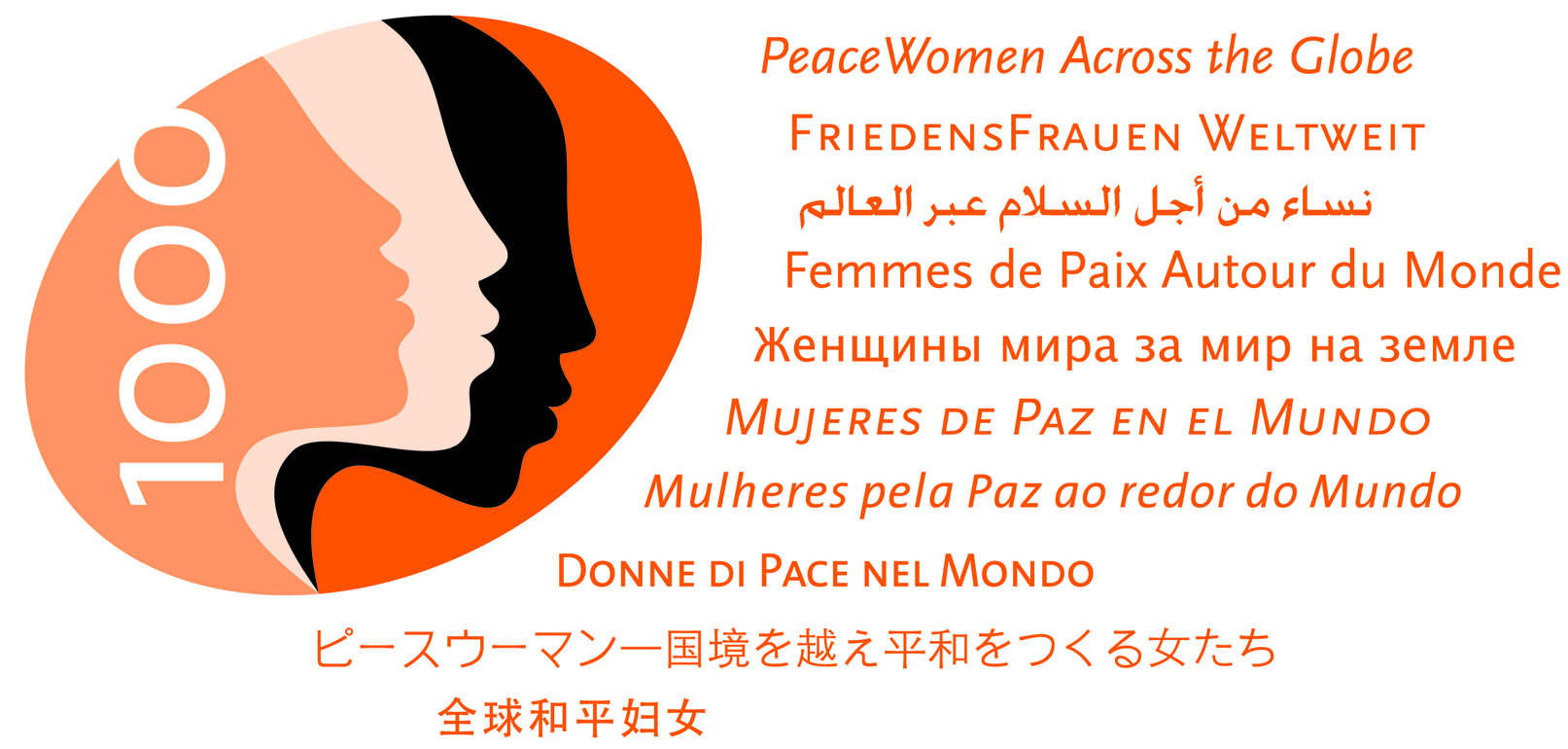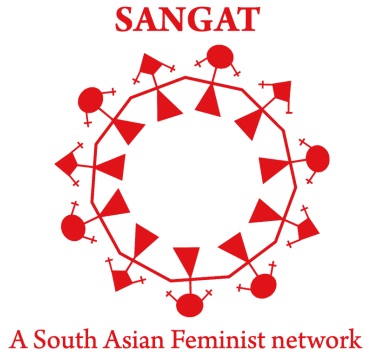- Details
 |
CALL FOR APPLICATIONS Isis International would like you to apply for the Isis International Activist School for Women Human Rights Defenders5-12 April 2014 in Manila, Philippines |
 |
The Isis International Activist School for Women Human Rights Defenders is an 8-day training for human rights or women’s human rights advocates working in conflict and politically dangerous situations. Women human rights defenders (WHRD) promote and protect their own rights, and the rights of others. WHRDs face a litany of threats in their line of work. This is exacerbated by the fact that they are women challenging the status quo, or because of the nature of their work which focuses on defending women’s human rights. The current backlash against women’s struggles and their achievements have made these risks and attacks more grave and incessant.
- Details


A Multi Track Gender Sensitive Mediation Training Course organized by Peace Women Across the Globe (PWAG) and SANGAT - a South Asian Feminist Network in collaboration with Tewa, Nepal
Peace Women Across the Globe and Sangat - a South Asian Feminist Network invite women leaders, activists and peacebuilders to apply for a 3 week mediation training course to be held in Kathmandu, Nepal from September 18 to October 08, 2013.
The course is mainly funded by the Federal Department of Foreign Affairs, of the Swiss government and PWAG - Switzerland.
Read more: Call for Applications: Empowering Women For Mediation
- Details
Asia Pacific Forum on Women, Law & Development (APWLD)
in cooperation with
Indonesian Women’s Coalition (KPI)
invite Applications for
Asia Pacific Regional Gender and Politics Level 1 Training
Jakarta, Indonesia
23 – 25 November 2012
The 20th century has seen the inclusion of an increasing number of women, both as voters as well as parliamentarians. However, statistics continue to reflect the under-representation of women in political institutions and structures at the local and national levels. As of 2011, women account for 18.9% of members of Asia’s legislatures, up from 13% in 1995. While women have taken initiatives to engage in decision-making and occupy leadership roles, they have had to do so in the face of many challenges ranging from cultural barriers to growing influences of neo-liberal globalisation, fundamentalisms, and militarisation.
Read more: Call for Application: Asia Pacific Regional Gender and Politics Level 1 Training






 Isis Resource Center holds one of the largest feminist collections of materials in the Global South. With 40 years of publication experience, Isis holds a vast collection.
Isis Resource Center holds one of the largest feminist collections of materials in the Global South. With 40 years of publication experience, Isis holds a vast collection.